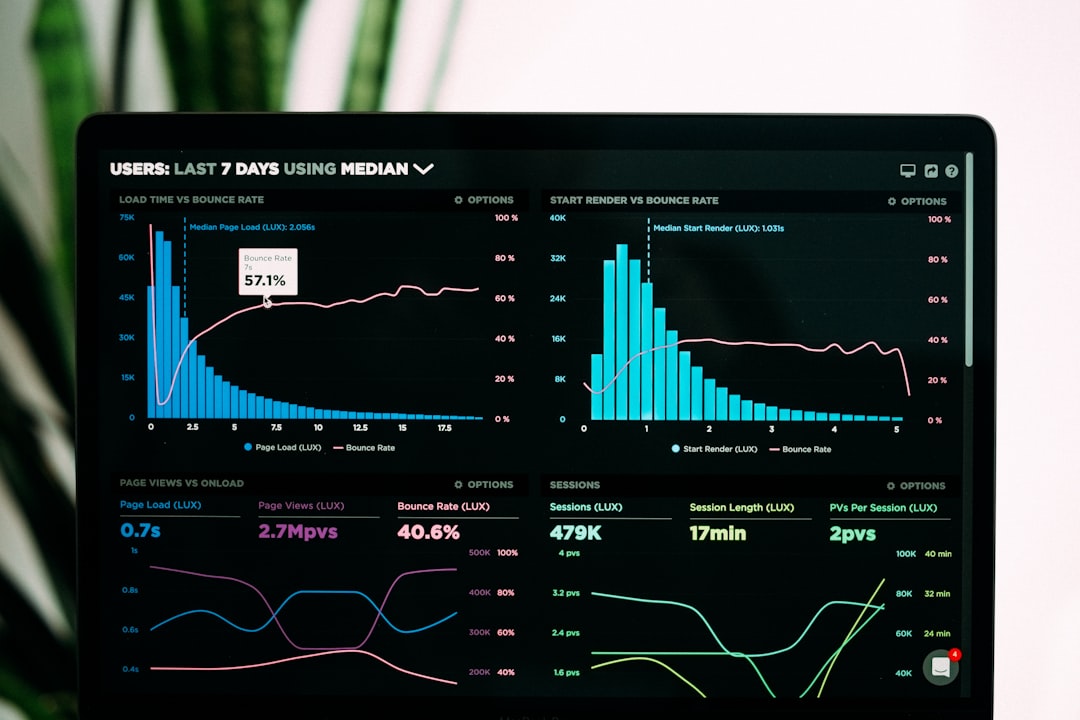Unlock encrypted content
Please enter your SSCE key to initiate on-the-fly decryption.
Decryption key: (Click cancel if you don't have the key)
Copied link to clipboard.
This feature is unavailable for free accounts. Upgrade now and enjoy all Premium benefits.
Go Premium!
This feature is unavailable for free accounts. Upgrade now and enjoy all Premium benefits.
Go Premium!
Please open this page in browser ( Google Chrome or Safari ) to use this feature.
Open In Browser
The Future of Digital Storage: Automation and Cognitive Computing Storage.
Random related video for this blog.
Copied share link to clipboard.
The world of digital storage is constantly evolving, with new technologies emerging to meet the growing demands of businesses and individuals alike. Two of the most significant trends in this space are automation and cognitive computing storage, which are changing the way we think about data management and storage. In this article, we will explore these trends and their impact on the industry, as well as looking at some practical examples of how they are being used today.
Automation and Job Displacement
One of the biggest advantages of automation in digital storage is the ability to streamline processes and reduce the need for manual intervention. This can help to save time and money, as well as improving the accuracy and efficiency of data management. However, there are also concerns about the impact of automation on jobs, with some experts warning that it could lead to displacement in certain industries.
One example of this is the rise of autonomous vehicles, which rely heavily on digital storage and data management systems to operate. While these systems can improve safety and efficiency on the roads, they also have the potential to displace jobs in the transportation industry. According to a report by the Center for Global Policy Solutions, up to 3.5 million jobs in the US could be at risk from the adoption of autonomous vehicles, with the majority of these being in trucking and delivery services.
Despite these concerns, there are also opportunities for new jobs and industries to emerge as a result of automation. For example, the growth of hybrid cloud storage has created a need for experts in cloud computing and data management, as well as new roles in cybersecurity and data protection.
Cognitive Computing Storage
Another key trend in digital storage is the rise of cognitive computing storage, which uses artificial intelligence and machine learning algorithms to analyze and manage data. This approach can help to identify patterns and insights that might not be visible to human analysts, as well as improving the speed and accuracy of data management.
One example of this is in large file sharing, where cognitive computing storage can help to identify the most relevant files and prioritize them for transfer. This can help to reduce the time and bandwidth required for file transfers, as well as improving security and reducing the risk of errors.
Another area where cognitive computing storage is being used is in video storage and analysis. By analyzing video data in real-time, this technology can help to identify potential security threats or safety hazards, as well as providing insights into customer behavior and preferences.
Robust File Version Management
Finally, one of the most important aspects of digital storage is robust file version management, which is essential for ensuring data accuracy and integrity. This involves keeping track of multiple versions of a file over time, as well as ensuring that changes are properly documented and tracked.
One example of this is in online backup and ftp backup, where file version management is essential for ensuring that data is properly protected and can be recovered in the event of a disaster. By using a service like FileLu, users can ensure that their data is backed up securely and can be accessed from anywhere in the world.
Another area where robust file version management is important is in encryption file sharing. By using strong encryption and version control, users can ensure that their data is protected from unauthorized access and can be shared securely with others.
In conclusion, the world of digital storage is evolving rapidly, with new technologies like automation and cognitive computing storage changing the way we manage and store data. While there are concerns about the impact of these trends on jobs and industries, there are also opportunities for new roles and industries to emerge. By embracing these trends and using services like FileLu, businesses and individuals can ensure that their data is properly protected and managed, both now and in the future.
FileLu offers Premium plans ranging from 256 GB to 500 TB at price as low as $2.50 per month, and free plans from 10 GB to 250 GB. FileLu offers large file transfer capabilities, allowing users to send files up to 250 GB in size.
By Amelia Isabella.
Email: [email protected]
Related
Holographic Data Storage: Advanced Metadata Management and File Sharing Solution
August 3, 2023
Read More
Technological Advancements: Advanced Downloading Tools and the Reliability of FileLu.com
August 3, 2023
Read More
Dystopian Futures: Exploring the Potential of Multi-Factor Authentication, Secure File...
August 4, 2023
Read More
Machine Learning Data Storage: Revolutionizing the Way We Store Information
August 4, 2023
Read More
Blockchain Technology: Revolutionizing Cloud Storage for Secure and Easy File...
August 4, 2023
Read More
Integrating the Future: Machine Learning, Quantum Computing, and Renewable Energy...
August 4, 2023
Read More
FileLu: A Secure and Futuristic File Management Solution for Cloud-Native...
August 4, 2023
Read More
Popular
Latest
The Future of Digital Transformation: Exploring Smart Homes, Efficient File...
November 30, 2025
Read More
Exploring the Benefits of Cloud Storage and Innovative Technologies in...
November 26, 2025
Read More
The Future of Technology: Exploring Biohacking, Space Tourism, and Digital...
November 23, 2025
Read More
The Future of File Sharing: Streamlined Workflows for Photographers and...
November 19, 2025
Read More
Exploring the Intersection of Technology: From Cybersecurity to Augmented Reality...
November 16, 2025
Read More
The Future of File Management: Embracing Edge Computing and Efficient...
November 12, 2025
Read More
The Future of File Sharing: Exploring User-Friendly Solutions and Data...
November 5, 2025
Read More
The Future of Cloud Storage: How FileLu Empowers Creative Professionals...
November 2, 2025
Read More
The Future of Autonomous Technologies: Innovations in Robotics, File Sharing,...
October 29, 2025
Read More
Emerging Technologies Revolutionizing File Management: From Li-Fi to Robust Collaboration...
October 26, 2025
Read More
Emerging Technologies: Exploring the Impact of File Access Auditing, Genetic...
October 19, 2025
Read More
The Future of Data Storage: Exploring Advanced Encryption, Mobile Integration,...
October 5, 2025
Read More
Exploring the Future of Data Management: Security, Efficiency, and Cognitive...
September 28, 2025
Read More
Revolutionizing Data Management: Innovations in Storage, Security, and Sustainable Technology.
September 24, 2025
Read More



















